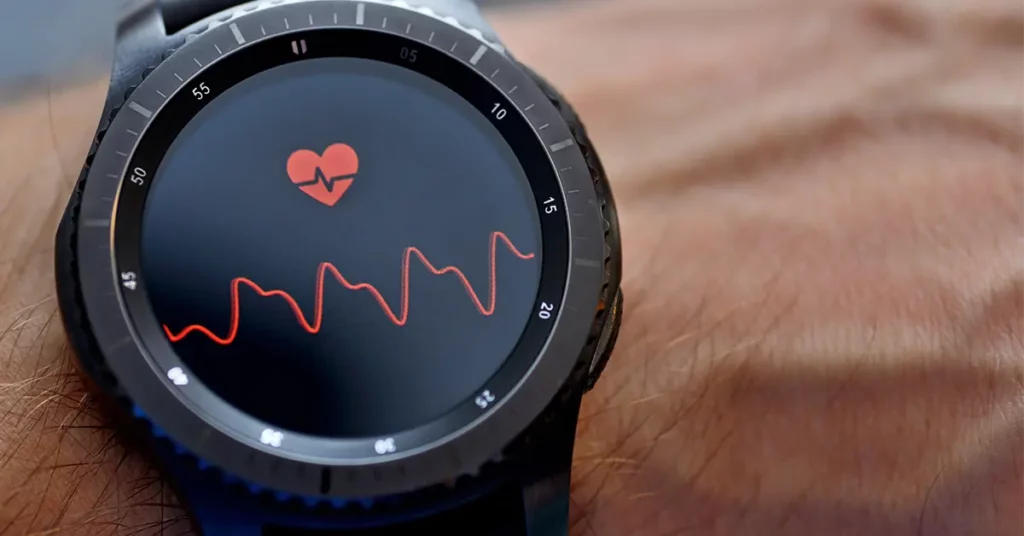The notion that eating before bed leads to weight gain due to a slower metabolism during sleep is a widespread belief. However, this perspective oversimplifies the complex relationship between meal timing, metabolism, and overall health. In this blog, we’ll explore the truth behind this myth and provide practical, science-backed advice to improve your health.
What Is the Bedtime Eating Myth?
The bedtime eating myth suggests that eating before going to sleep causes weight gain because your metabolism supposedly slows down overnight. This oversimplified idea has been perpetuated for years, often used as a scare tactic in diet culture. But does science back this up? Let’s take a closer look.
The core claim is that late-night calories are more likely to be stored as fat since the body doesn’t “burn them off” while sleeping. This misunderstanding overlooks the complexity of metabolism and how the body processes food.
Metabolism and Meal Timing
Your metabolism doesn’t grind to a halt when you go to bed. While it’s true that your resting metabolic rate decreases slightly during sleep, this difference is not significant enough to cause weight gain from eating before bed.
The Reality:
Weight gain is influenced by one primary factor: consuming more calories than you burn over time. The timing of those calories has far less impact than the total quantity and quality of food consumed.
Why This Myth Persists:
- It’s easy to associate inactivity (like sleeping) with reduced calorie burning.
- Late-night eating is often linked to mindless snacking on calorie-dense, nutrient-poor foods, which can lead to overeating.
The Role of Hormones: Ghrelin and Melatonin
While metabolism remains relatively steady, eating close to bedtime can disrupt hormonal processes that are critical for good health.
- Ghrelin (the hunger hormone): Ghrelin stimulates appetite and can remain elevated if you eat late at night, potentially causing increased hunger the following day.
- Melatonin (the sleep hormone): Eating close to bedtime can interfere with melatonin production, which helps regulate sleep-wake cycles. A disrupted sleep pattern can have a cascading effect on hunger and metabolism.
The Consequences:
- Poor sleep quality leads to hormonal imbalances that make weight management more challenging.
- Increased ghrelin and reduced melatonin create a vicious cycle of poor sleep and heightened appetite.
Insulin Levels and Autophagy
Insulin plays a significant role in how your body processes and stores energy. Late-night eating can keep insulin levels elevated during sleep, interfering with critical processes like autophagy.
What Is Autophagy?
Autophagy is your body’s way of cleaning out damaged cells and regenerating newer, healthier ones. This process is vital for overall health, immune function, and even longevity.
How Late-Night Eating Disrupts This Process:
- Elevated insulin levels suppress autophagy.
- Reduced autophagy can lead to impaired cellular repair, a weakened immune system, and an increased risk of chronic diseases.
Sleep Quality and Digestive Health
Eating large or heavy meals close to bedtime doesn’t just affect hormones – it can also wreak havoc on your digestive system.
- Indigestion and Acid Reflux: Lying down soon after eating increases the likelihood of stomach acid rising into the esophagus, causing discomfort and disrupting sleep.
- Poor Sleep Quality: Sleep is when the body recovers, regulates hormones, and repairs tissues. Poor sleep, caused by late-night eating, impairs these processes, leading to fatigue and hormonal imbalances the next day.
The Ripple Effect:
Poor sleep quality has been linked to reduced insulin sensitivity, increased cravings for high-calorie foods, and difficulty staying consistent with fitness goals.
The Real Problems with Eating Before Bed
While eating late isn’t inherently bad, certain habits associated with it can undermine your health and fitness goals:
- Mindless Snacking: Late-night eating often involves unhealthy, calorie-dense snacks that contribute to overeating.
- Hormonal Disruption: Disrupting ghrelin and melatonin balance affects both appetite and sleep.
- Reduced Recovery: Elevated insulin levels hinder autophagy, preventing the body from performing its nightly “self-cleaning.”
Practical Recommendations for Smarter Nighttime Eating
If you’re hungry before bed, don’t worry – you can snack smartly without sabotaging your goals. Here’s how:
- Time Your Meals: Aim to finish eating 2-3 hours before bed to allow for proper digestion and to support optimal melatonin production.
- Snack Lightly: Choose small, balanced options like Greek yogurt, a handful of nuts, or a piece of fruit paired with protein. Avoid heavy, fatty, or spicy foods that can disrupt digestion.
- Maintain Consistency: Regular meal times throughout the day can reduce late-night cravings and overeating.
Examples of Smart Late-Night Snacks:
- A small bowl of oatmeal with almond butter.
- Cottage cheese with berries.
- A protein shake with a banana.
Debunking Common Misconceptions About Bedtime Eating
“But won’t eating before bed make me fat?”
Not unless it causes you to exceed your daily caloric needs. The total number of calories consumed is what matters most.
“I need to eat before bed because I’m starving.”
If you’re consistently hungry at night, it’s likely a sign that your meals during the day aren’t balanced or filling enough. Focus on high-protein, high-fiber meals earlier in the day to curb evening hunger.
“Doesn’t eating late at night slow my metabolism?”
No, your metabolism doesn’t significantly slow during sleep. The real concern is how late-night eating affects hormones, sleep, and recovery.
The Bottom Line: Is It Ever Okay to Eat Before Bed?
Eating before bed isn’t inherently bad, but it should be approached with mindfulness. By focusing on meal timing, portion control, and food choices, you can avoid the negative effects of late-night eating while still meeting your body’s needs.
Key Takeaways:
- Metabolism doesn’t slow enough during sleep to make eating before bed inherently fattening.
- Hormonal disruptions from late-night eating can negatively impact sleep and recovery.
- Practical adjustments to meal timing and food choices can prevent these issues and support overall health.
Hungry for more myth-busting fitness insights? Subscribe to our newsletter for expert tips and practical advice delivered straight to your inbox!
FAQ’s
Q: Does eating before bed slow your metabolism?
A: No, your metabolism does slow slightly during sleep, but not enough to cause weight gain from late-night eating alone.
Q: Is it bad to eat late at night?
A: It depends. While occasional snacks are fine, eating heavy meals close to bedtime can disrupt sleep, digestion, and recovery.
Q: What are the best foods to eat before bed?
A: Light, nutrient-dense options like Greek yogurt, nuts, or a protein shake are good choices if you’re hungry before bed.




